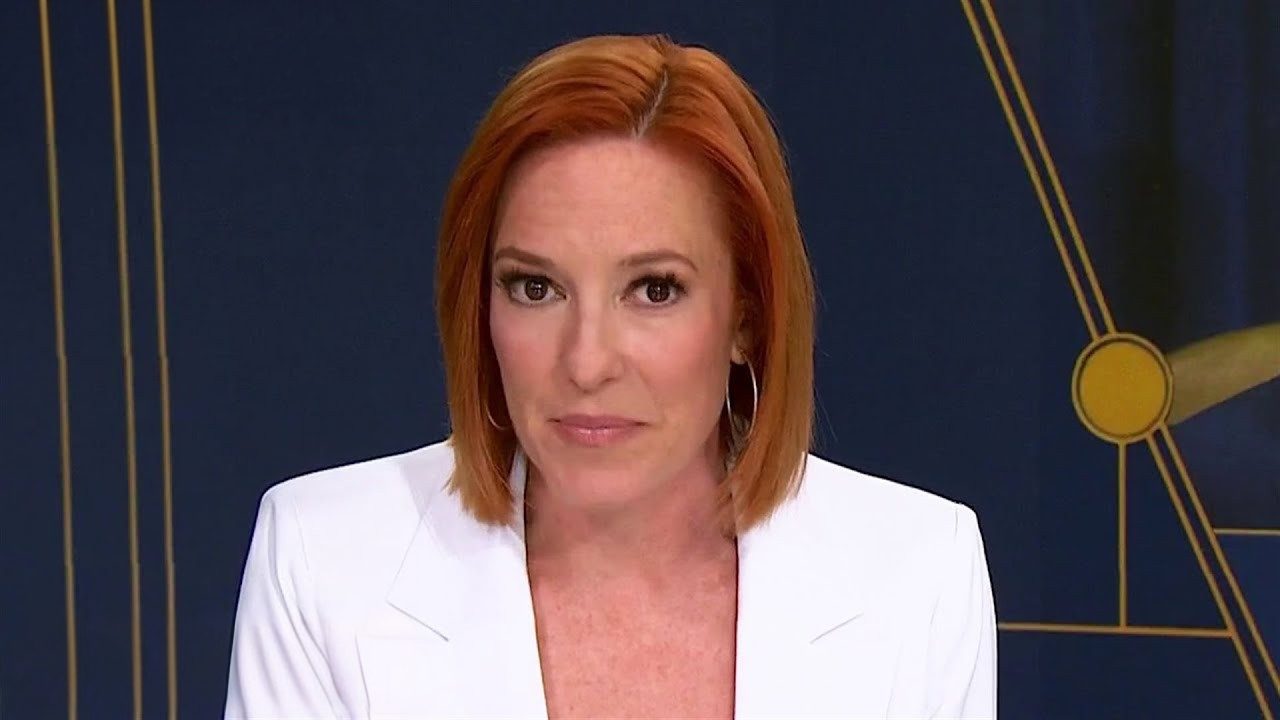Jen Psaki, the former Biden press secretary who now hosts on MSNBC, is facing heavy backlash after a string of personal remarks about Second Lady Usha Vance. The controversy erupted from a conversation on the I’ve Had It Podcast with Jennifer Welch and Angie Sullivan, where Psaki reportedly veered into personal sniping while discussing JD Vance’s political future.
In the clip, Psaki ridiculed Usha Vance with remarks that crossed the line for many listeners. She asked a loaded question about what was going on in the mind of JD Vance’s wife, adding, “Are you OK? Please blink four times. We’ll come over here. We’ll save you.” She followed with a broader attack on Vance, labeling him a “Manchurian candidate” who would “do anything to become president,” and saying he changes his views “like a chameleon.” The host claimed, “He’s willing to do anything to get there,” and described him as “scarier in certain ways” and “younger and more ambitious,” comparing him to a political shape shifter who tailors himself to what the audience wants to hear. Psaki also suggested that Vance could not bring an entire movement with him, and she asserted that while he might be “goodish on paper” if you agree with his beliefs, his ability to carry a movement was in doubt.
The remarks drew swift criticism online and from observers who viewed the comments as a personal attack rather than a policy critique. Critics argued that singling out a private individual, especially the spouse of a prominent political figure, crosses a line and adds to a culture of public personalizing of politics. In a moment where many conservatives emphasize civility, results, and respect for family, Psaki’s words were read as an example of how not to debate a candidate’s qualifications or policies.
Usha Vance is described as a Yale-educated attorney and mother of three who has kept a low public profile, focusing on family and charitable work in Cincinnati. Her calm presence has earned respect across party lines, even as she remains largely outside the political spotlight. JD Vance, meanwhile, is widely seen as a leading Republican contender for the presidency in 2028, with strong support within the MAGA wing of the party and among Trump’s base. President Trump himself has publicly suggested that Vance is his “likely heir apparent” for 2028, a claim that has given him momentum inside the party and among voters looking for a candidate who can rally the base.
Yet the path to the White House is never guaranteed. Vance could face competition from other Republican governors or senators, and his performance on the national stage will be scrutinized over the coming years. The presidency demands a track record, a clear stance on policy, and the ability to communicate a compelling vision to a broad national audience. In the end, this latest episode underlines a broader truth in politics: character, competence, and policy matter far more than sensational personal attacks, and voters deserve serious, respectful discourse about leadership and the direction of the country.


Leave a Comment